Table of Contents
With the Rubber Board Field Officer Exam fast approaching, now is the ideal time to refine your strategy and reinforce key concepts. This exam stands out because it evaluates both fundamental agricultural knowledge and advanced botanical principles, making a well-structured revision plan essential. To maximize your performance, focus on strengthening core topics, revisiting complex concepts, and practicing strategically. Here’s how you can fine-tune your last-minute preparation to align with the exam’s unique requirements.
Know Your Blueprint Inside-Out
Before diving into your revision, take a moment to understand the exam pattern and syllabus thoroughly. The exam comprises 100 multiple-choice questions to be completed in 2 hours, with a marking scheme of +4 for correct answers and -1 for incorrect ones. This structure means every question counts – so knowing where to focus is essential.
You think you are prepared? Answer this question
Which of the following is a fungal disease affecting rubber trees?
A) Powdery mildew
B) Bacterial blight
C) Leaf spot
D) Mosaic virus
Create a Customized Revision Plan
Prioritize High-Yield Topics
To make the most of your last-minute revision, focus on topics that carry significant weight in the Rubber Board Field Officer exam. Identify the areas where you feel less confident and allocate extra time to reinforce them. Rather than skimming through the entire syllabus, go in-depth with critical subjects and ensure you understand key principles, terminologies, and their applications. A strategic revision plan can help you avoid last-minute stress and boost retention.
- Agronomy: Be clear about the principles of crop production, cropping systems, weed management, and the soil – water – plant relationship.
- Soil Science: Revise soil formation, fertility, classification, nutrient management, and conservation practices.
- Plant Breeding and Genetics: Go over Mendelian genetics, breeding methods, hybridization, and the role of biotechnology in crop improvement.
- Plant Pathology: Review the basics of plant diseases, control strategies, and integrated disease management.
- Plantation Crops: Understand rubber cultivation practices, pest management in plantations, and post-harvest processing.
- Agricultural Meteorology & Extension Education: While Agricultural Meteorology may overlap with plantation topics, ensure you’re aware of weather impacts on crops and the basics of extension services, including communication techniques and advisory services.
- Plant Physiology and Anatomy: Revisit concepts of photosynthesis, respiration, and plant hormones.
- Advanced Genetics: Focus on molecular genetics, recombinant DNA technology, and GM crops.
- Ecology and Environmental Science: Cover ecosystems, biodiversity conservation, and sustainable practices.
- Taxonomy & Cell Biology: Brush up on plant classification, identification of major families, cell organelle functions, tissue culture techniques, and biotechnology applications.
Practice Strategically
Merely reading through concepts is not enough – practicing strategically will help solidify your understanding and improve recall during the exam. Break your revision into focused sessions and test yourself with timed quizzes and full-length mock tests. Identify weak areas and revise them immediately to prevent repeated mistakes. Using the previous year’s questions can also give you insights into question patterns and frequently asked topics.
- Mock Tests: Run through a full-length test to mimic the exam environment. Analyze your performance, identify recurring errors, and revisit those areas.
- Timed Drills: With a 2-hour limit, practice solving questions within set time slots to boost your speed and accuracy.
- Short, Focused Sessions: Use 25 – 30 minute bursts of concentrated study followed by short breaks. This technique helps maintain focus and reduces fatigue.
- Hydration and Rest: Keep yourself well-hydrated and aim for 6 – 7 hours of sleep to ensure your brain is fresh and alert.
- Concept-Based Learning: Instead of rote memorization, focus on understanding concepts and their real-world applications. This will help in answering application-based questions confidently.

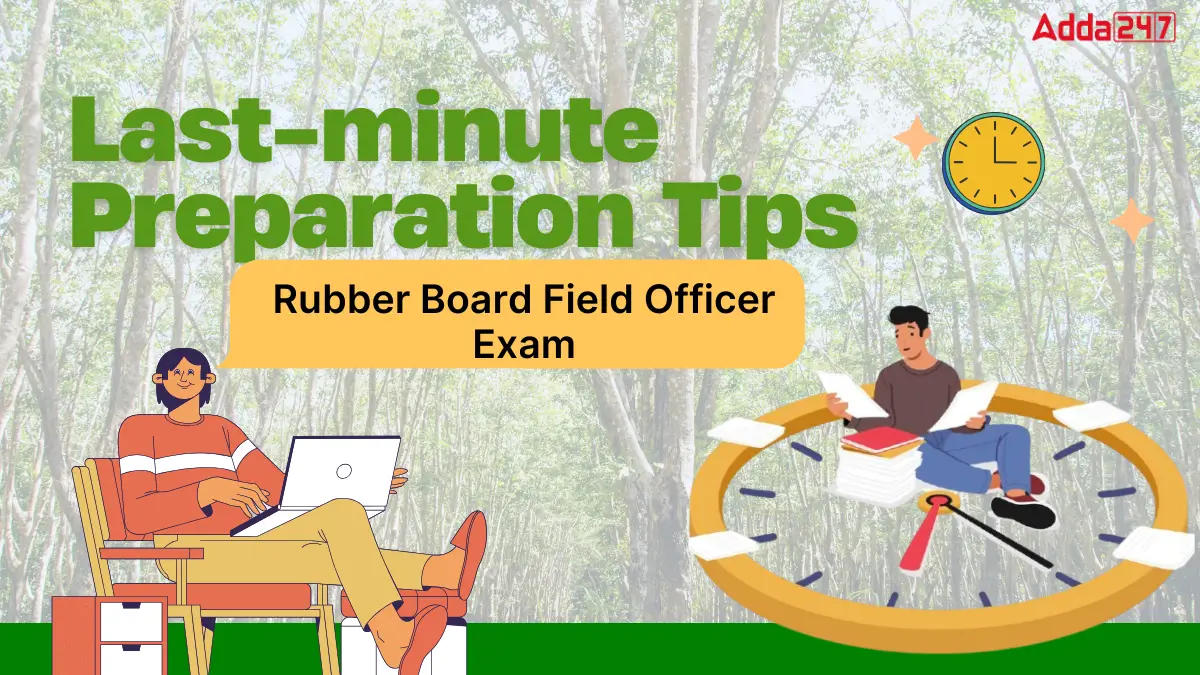



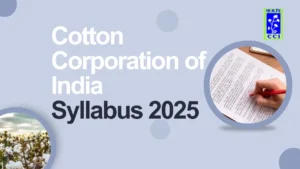 Cotton Corporation of India Syllabus 202...
Cotton Corporation of India Syllabus 202...
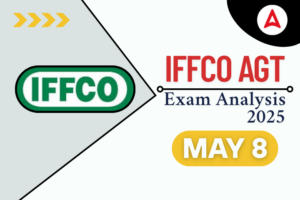 IFFCO AGT Prelims Exam Analysis 2025, Ch...
IFFCO AGT Prelims Exam Analysis 2025, Ch...
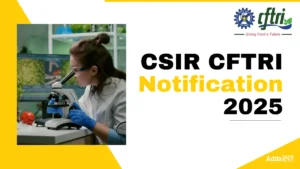 CSIR CFTRI Notification 2025, Apply Befo...
CSIR CFTRI Notification 2025, Apply Befo...

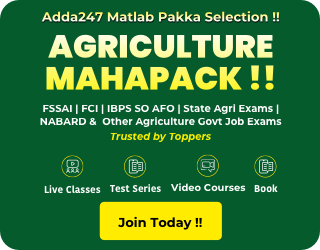
 Adda247 Job portal has complete information about all Sarkari Jobs and Naukri Alerts, its latest recruitment notifications, from all state and national level jobs and their updates.
Adda247 Job portal has complete information about all Sarkari Jobs and Naukri Alerts, its latest recruitment notifications, from all state and national level jobs and their updates.